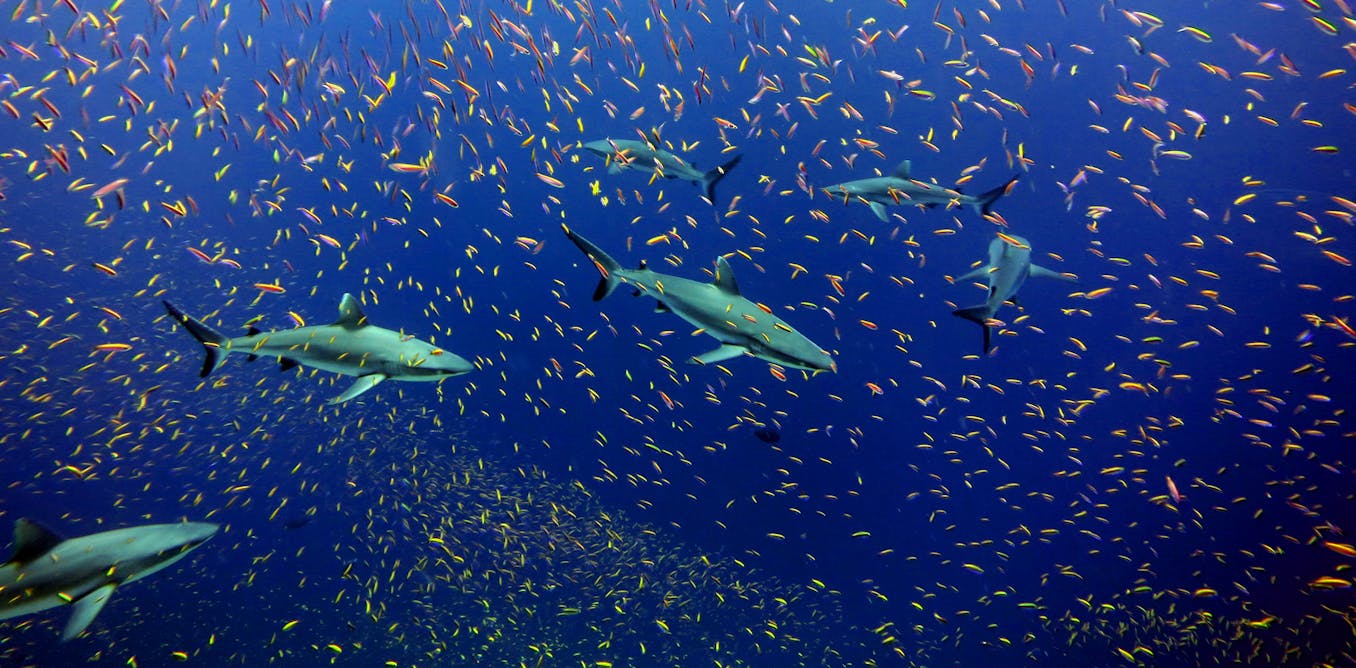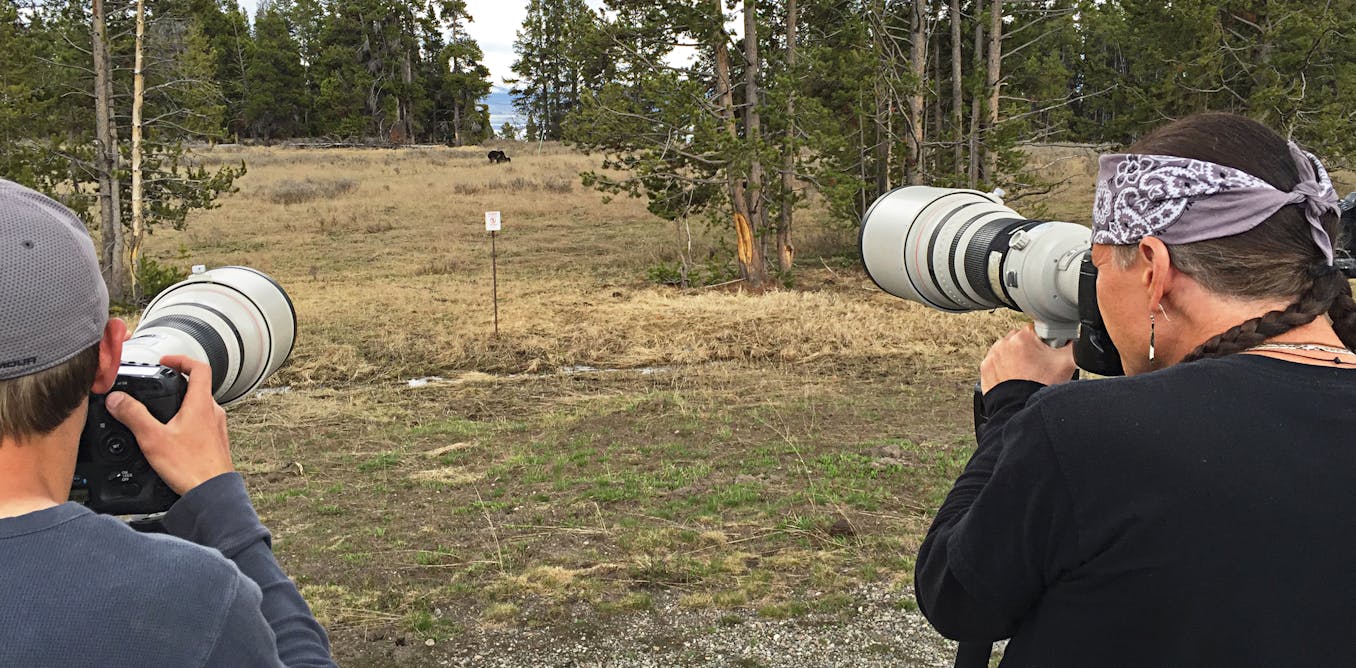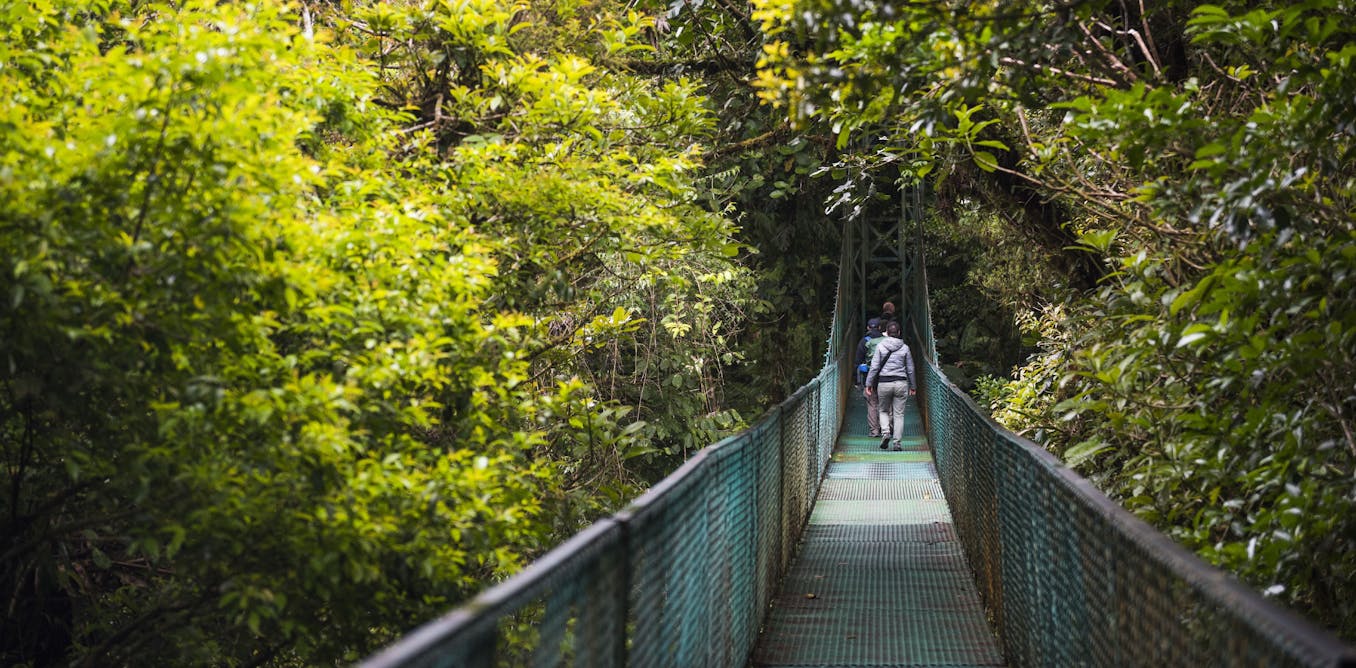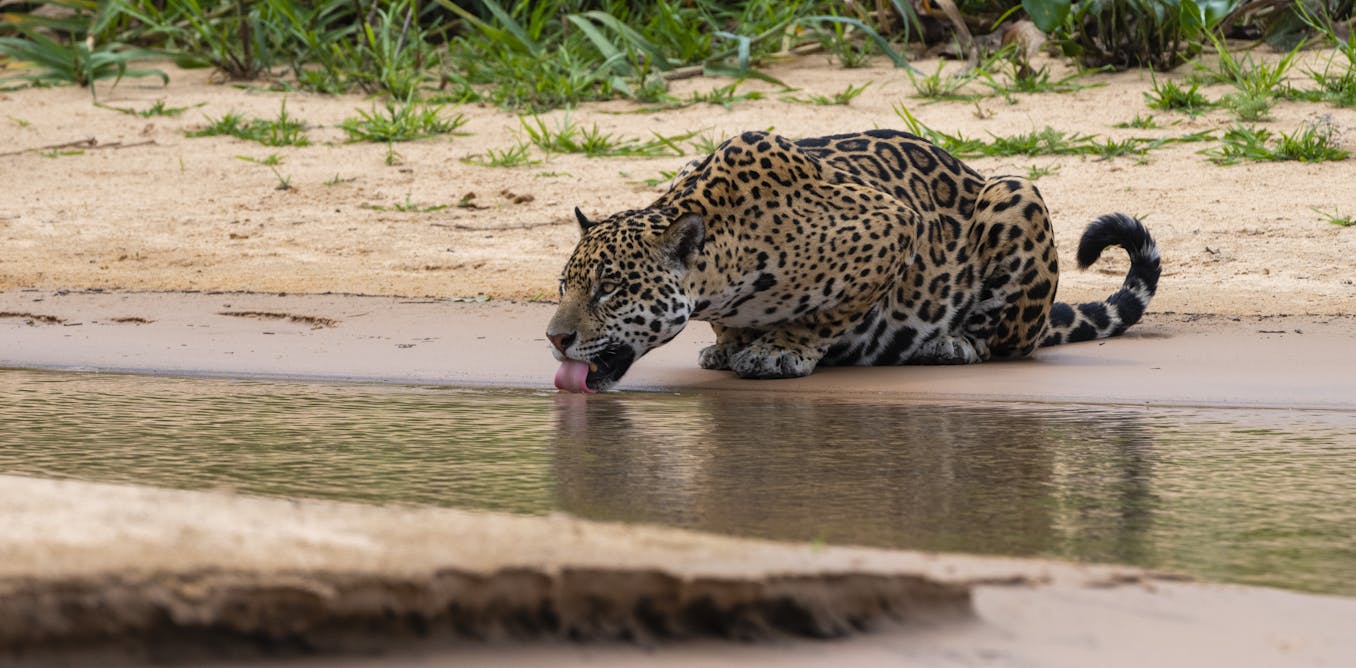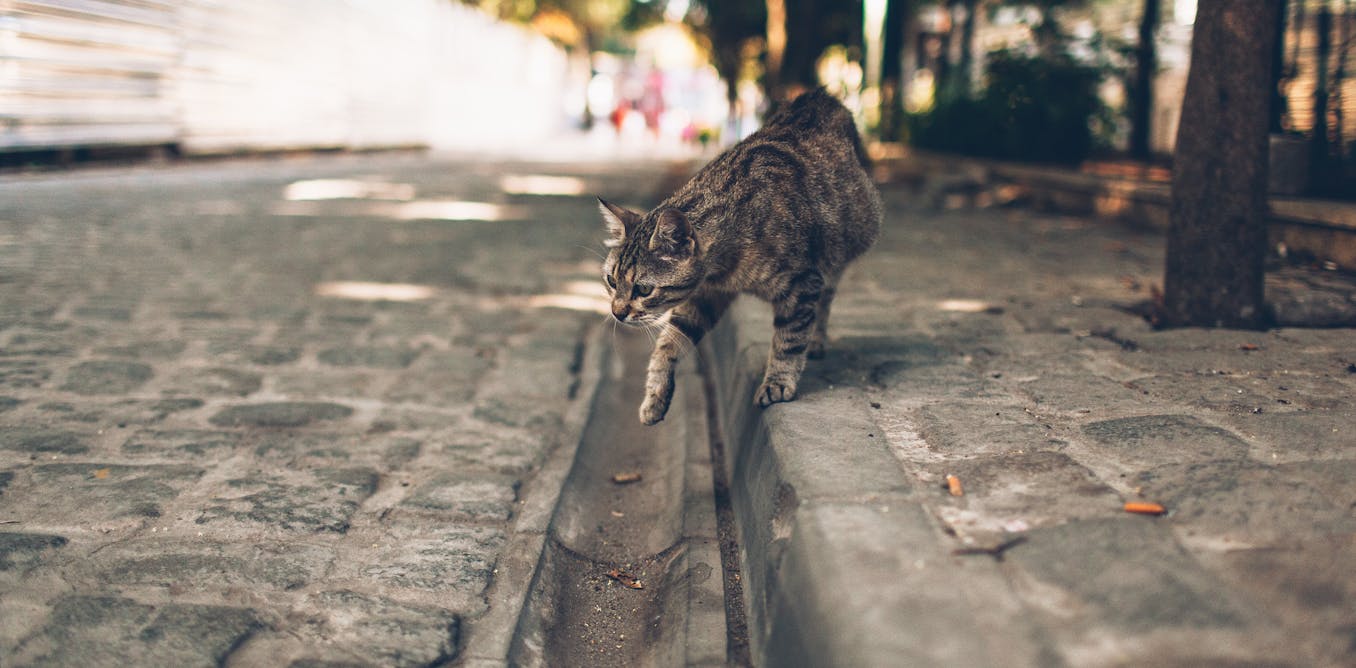How you can help protect sharks – and what doesn't work
Sharks are much more severely threatened by humans than vice versa. A marine biologist explains how people can help protect sharks and why some strategies are more effective than others.
Sept. 12, 2022 • ~6 min

